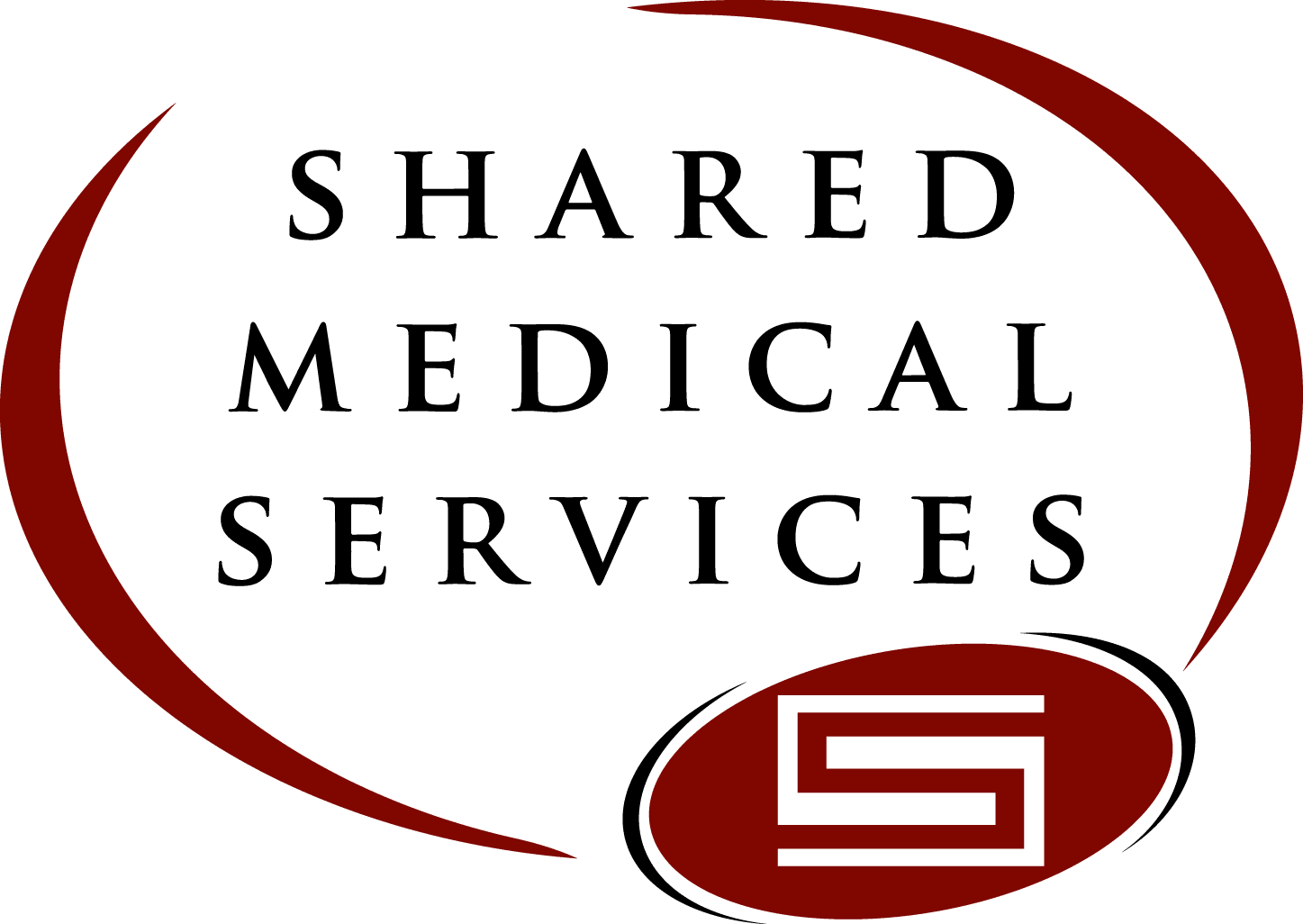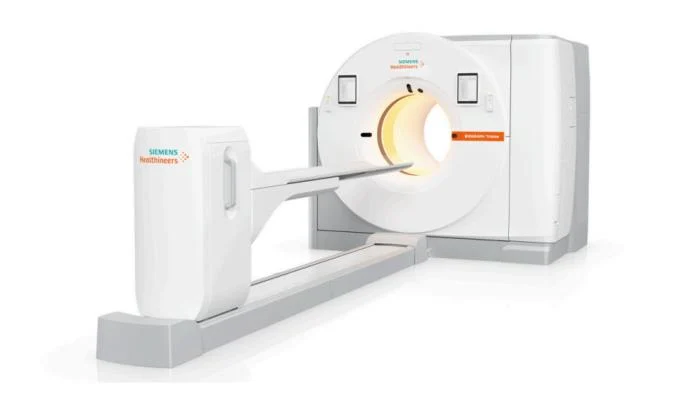What’s New in PET/CT
Total FDG lesion number on PET/CT predicts survival of esophageal carcinoma patients with recurrence following curative surgery.
PET/CT Updates, Research & Education
December 2018
Purpose
Total lesion number is a prognostic determinant in recurrent esophageal cancer, but this requires multiple tests. Here, we investigated the prognostic value of total FDG lesion number obtained from a single PET/CT study.
Methods
Subjects were 153 esophageal squamous cell carcinoma patients with loco-regional or distant recurrence following curative surgery. FDG PET/CT performed within 30 days was inspected for abnormal FDG uptake lesions using a SUVmax of 3.0 as threshold for significance. Prognostic associations were assessed by Cox proportional hazards regression and Kaplan-Meier analysis.
Results
PET/CT showed significant local FDG lesions in 49.0%, regional lesions in 78.4%, and distant lesions in 44.4% of patients. Among 73 patients with loco-regional recurrence, 54 had 0-3 and 19 had ≥4 FDG lesions. Among 80 patients with distant recurrence, 31 had 0-3 and 49 had ≥4 FDG lesions. During a median follow-up of 11.8 mo, 99 deaths occurred. Univariate variables associated with poor survival included ≥4 FDG lesions and no treatment for loco-regional recurrence and no treatment for distant recurrence. Kaplan Meier analysis showed worse survival for ≥4 than 0-3 FDG lesions in patients with loco-regional recurrence (15.6 vs. 32.1 mo; P = 0.009), but not in those with distant recurrence. Significant independent predictors of poor survival were ≥4 FDG lesions and no treatment for loco-regional recurrence and no treatment for distant recurrence.
Conclusions
Total FDG lesion number assessed by PET/CT is a significant independent prognostic factor in esophageal cancer patients with loco-regional recurrence following curative surgery.
Source: Q J Nucl Med Mol Imaging. 2018 Apr 24. doi: 10.23736/S1824-4785.18.03041-8.
< https://www.ncbi.nlm.nih.gov/pubmed/29697218?dopt=abstractplus > Retrieved 3 December 2018.

December Esophageal Cancer Awareness
- The lifetime risk of esophageal cancer in the United States is about 1 in 132 in men and about 1 in 455 in women.
- Esophageal cancer makes up about 1% of all cancers diagnosed in the United States, but it is much more common in some other parts of the world, such as Iran, northern China, India, and southern Africa.
- During the 1960s and 1970s, only about 5% of patients survived at least 5 years after being diagnosed. Now, about 20% of patients survive at least 5 years after diagnosis.
Connect with Us
Get additional information and stay up-to-date with the latest news by connecting with us on social media.



